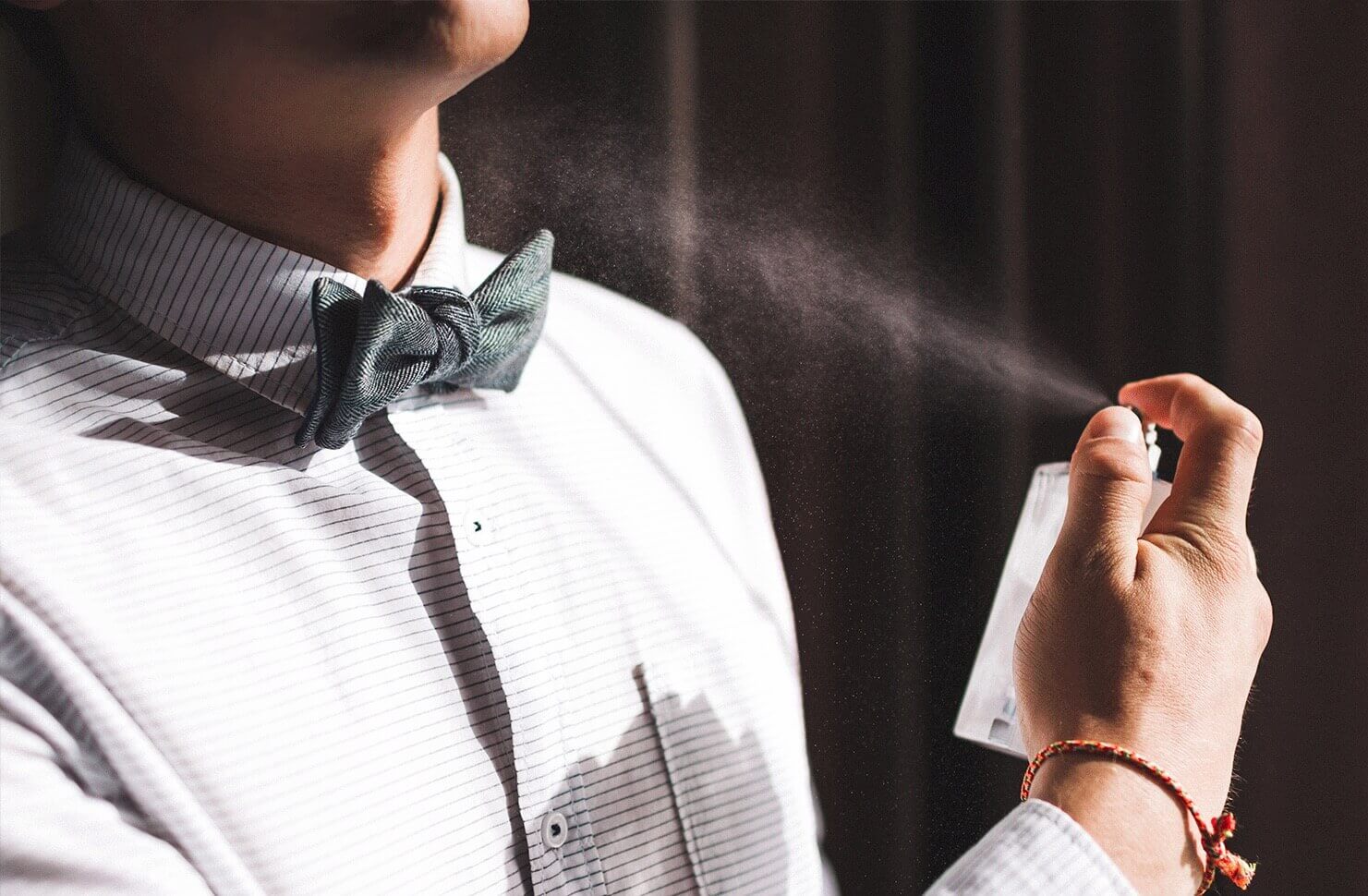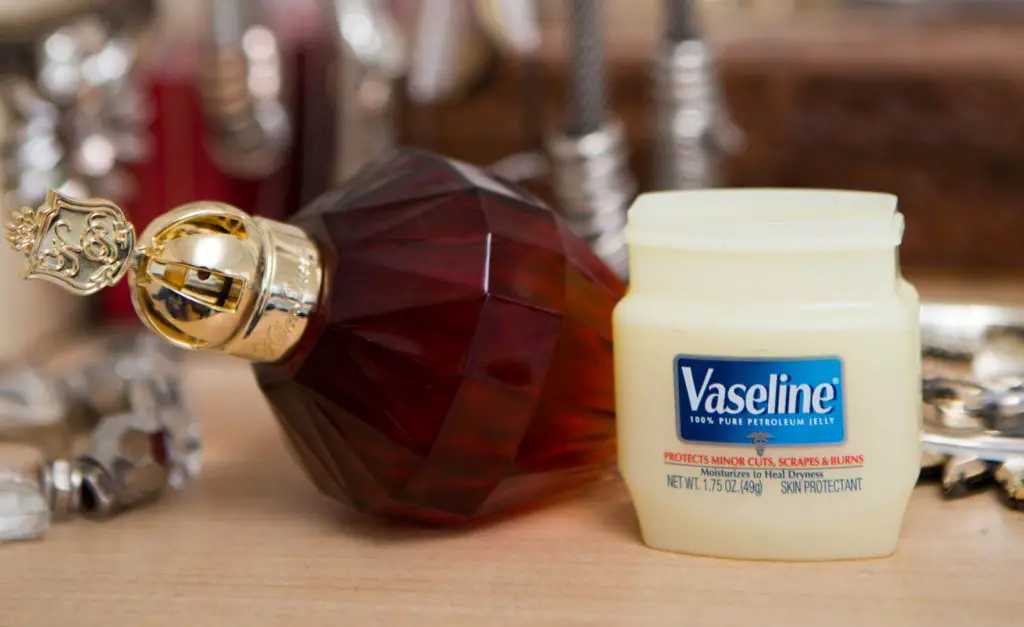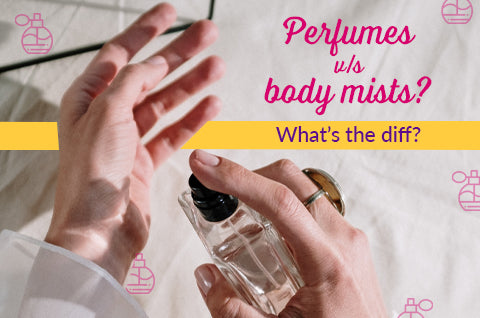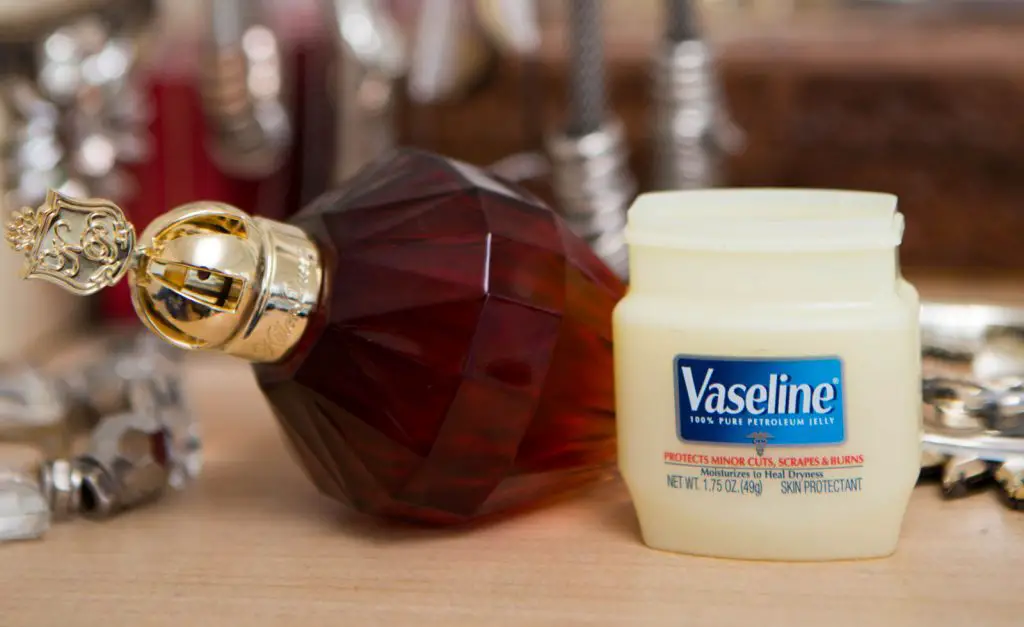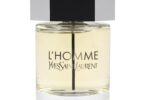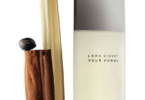Yes, cologne is typically applied directly onto the skin for optimal fragrance distribution. When it comes to wearing cologne, the question of where to apply it is often raised.
Many people wonder if they should spray it on their skin or simply on their clothes. Contrary to popular belief, cologne is intended to be applied directly onto the skin, as it interacts with the body’s natural oils and heat to create a unique and personal scent.
By applying cologne on the skin, the fragrance is released gradually throughout the day, ensuring a lasting and pleasant aroma. However, it’s important to avoid spraying it on sensitive areas or areas exposed to the sun, as it may cause irritation or photosensitivity.
Possible Risks Of Applying Cologne Directly On Your Skin
Are you one of those who put cologne directly on your skin? Beware of the possible risks! Applying cologne directly on your skin can lead to skin irritation and allergic reactions. It may also increase sensitivity to the sun, resulting in sunburns.
Another risk is dryness and dehydration, as cologne contains alcohol that can strip off the skin’s natural moisture. Additionally, using cologne can lead to discoloration or staining of the skin, especially if it contains strong or artificial dyes. It’s important to be cautious and consider alternative application methods to minimize these risks and protect your skin’s health.
Regular use of moisturizers and sunscreens can help keep your skin hydrated and shielded from harmful UV rays. Stay safe and keep your skin healthy!
Alternatives To Applying Cologne On The Skin
Applying cologne on the skin isn’t the only option worth considering. Instead, try spraying it on your clothes and hair for a longer-lasting scent. Another alternative is applying it to pulse points, such as the wrists and neck, as these areas naturally radiate heat, enhancing the fragrance.
You can also use fragrance-free lotions or oils as a base, mixing them with cologne to control the intensity. Additionally, fragrance sachets or diffusers can be placed in your living spaces or car to create a pleasant atmosphere. Experimenting with these alternatives allows you to customize your scent experience without directly applying cologne on your skin.
So go ahead, explore these options and find the method that suits you best.
Tips For Safe Application Of Cologne On The Skin
Applying cologne on your skin can be a pleasant experience if done safely. Before using any new fragrance, it’s advisable to perform a patch test on a small area of your skin to check for any adverse reactions. Opt for high-quality and hypoallergenic colognes to minimize the risk of skin irritation or allergies.
Always follow the recommended usage instructions provided by the manufacturer to ensure the best results. It’s important to avoid applying cologne on broken or sensitive skin, as it may further aggravate the condition. Remember, taking these precautions can help you enjoy the fragrance without any skin-related issues.
Key Ingredients In Cologne
Cologne is commonly applied to the skin, but what are the key ingredients? Alcohol is one essential component, providing a base for the fragrance. Fragrance oils are also crucial, adding the desired scent to the cologne. Water is included to dilute the fragrance and create a more balanced product.
In addition to these primary ingredients, cologne may contain additional substances such as preservatives or stabilizers. When selecting a cologne, it’s important to consider the ingredients and their potential effects on your skin. Looking for a cologne with high-quality ingredients can help ensure a pleasant and long-lasting scent that won’t irritate the skin.
Effects Of Cologne Ingredients On The Skin
Cologne contains ingredients that can have various effects on your skin. For instance, alcohol-based colognes can cause skin drying, as alcohol tends to strip away natural oils. Additionally, fragrance oils in colognes may contain potential allergens that can cause skin irritation or allergic reactions in some people.
However, some colognes contain water and additional moisturizing ingredients, which can help counteract the drying effect of alcohol. It’s important to consider the composition of the cologne you use and how it might affect your skin. Regularly moisturizing your skin can also help maintain its hydration and minimize any potential negative effects from cologne.
Take care of your skin by being mindful of the ingredients in your cologne and following a proper skincare routine.
Difference Between Eau De Cologne And Other Fragrance Concentrations
Eau de Cologne, Eau de Toilette, and Eau de Parfum are different fragrance concentrations that can be put on the skin. Each concentration has its own unique characteristics and strengths. Eau de Cologne is the lightest concentration, typically containing 2-5% perfume oil.
It offers a refreshing and invigorating scent that doesn’t last as long as other concentrations. Eau de Toilette is slightly stronger, with a perfume oil concentration of around 5-15%. It provides a longer-lasting fragrance that is perfect for everyday use.
Eau de Parfum is the most potent concentration, with a perfume oil content of 15-20%. It delivers a rich and intense scent that can last all day. When selecting a fragrance, consider the occasion and your personal preference in terms of scent longevity.
Choose the concentration that suits you best and enjoy the wonderful world of fragrances.
Natural Fragrances And Essential Oils
Natural fragrances and essential oils offer a plethora of benefits for personal fragrance. They are derived from plants, making them a healthier alternative to synthetic fragrances. These natural scents can uplift your mood, promote relaxation and even have therapeutic effects.
Some popular essential oils used for personal fragrance include lavender, rose, jasmine, and sandalwood. These oils not only smell amazing, but they also possess soothing properties that can calm and rejuvenate the skin. Additionally, natural fragrances do not contain harmful chemicals found in many synthetic perfumes, reducing the risk of skin irritation and allergies.
By opting for natural fragrances and essential oils, you can enjoy a harmonious blend of captivating scents while keeping your skin healthy and vibrant. So, next time you want to enhance your personal fragrance, consider the power of nature’s own aromatic wonders.
Homemade Fragrance Options
Creating your own fragrance at home can be a fun and personalized experience. With DIY perfume recipes, you have the freedom to customize your scent to fit your preferences. By mixing different fragrance combinations, you can create a unique aroma that suits your mood and style.
Whether you prefer floral, citrus, or woody scents, there are endless possibilities to explore. Experimenting with essential oils and natural ingredients allows you to create a fragrance that is not only safe for your skin but also eco-friendly. Give it a try and discover the joy of making your own signature scent.
So, why not indulge in the art of homemade fragrances and elevate your personal scent game?
Navigating Personal Preferences And Cultural Norms
Navigating personal preferences and cultural norms surrounding the application of cologne on one’s skin can be a delicate matter. Fragrance choices reflect individual tastes and can vary greatly between people. However, it is important to consider cultural attitudes towards scents as well.
Certain cultures may associate specific smells with particular events or emotions. Being aware of these cultural nuances is essential to avoid causing offence or discomfort. Understanding that fragrance preferences are subjective and can be influenced by personal and cultural factors helps foster harmony and respect.
Ultimately, each person decides how they want to express themselves through fragrance, whether it be with a light spritz or a more generous application. As long as personal choices are made with consideration and respect, there is no right or wrong way to navigate the scented world.
Proper Storage Of Cologne
Properly storing your cologne is crucial to maintain its quality and longevity. Direct sunlight and extreme temperatures can alter the fragrance, so it’s essential to protect your bottles. Avoid leaving them exposed to the sun or storing them in fluctuating temperatures.
Additionally, humidity can ruin the scent, so keep your cologne away from damp areas like bathrooms. Find a cool, dry place, such as a drawer or cabinet, to store your cologne bottles. Remember, preserving the integrity of your cologne will ensure that you can enjoy its delightful scent for a longer time.
Longevity And Sillage Enhancement Tips
Enhancing the longevity and sillage of your fragrance can be achieved through layering techniques. By applying different scents throughout the day, you create a multi-dimensional aroma that lasts longer. Start with a body wash or soap that complements your cologne.
Follow it up with a matching scented lotion or oil to moisturize your skin. Apply your chosen fragrance directly onto these moisturized areas, focusing on pulse points like the wrists and neck. For an extra boost of longevity, consider using a fragranced hair mist or a scented handkerchief.
Layering fragrances allows you to personalize your scent and ensures it stays with you throughout the day. Experiment with different combinations and see which ones work best for you. Enjoy the sensory experience and let your unique fragrance shine.

Credit: www.thetrendspotter.net
Knowing When To Replace Or Discard Cologne
Knowing when to replace or discard cologne is essential for maintaining a pleasant fragrance. Fragrances, like all beauty products, have a shelf life. Over time, the quality of perfume can deteriorate, resulting in spoiled scents. Signs of spoiled perfume include a change in colour, consistency, or smell.
If your cologne has turned murky or become excessively watery, it’s likely past its prime. An unpleasant odour or a weak fragrance are also telltale signs of spoiled perfume. To ensure you’re using your cologne at its best, check the recommended period after opening (PAO) symbol on the packaging.
This symbol indicates the number of months the fragrance is expected to remain usable after the bottle has been opened. By regularly assessing your cologne, you can avoid using expired or spoiled perfume and maintain a fresh and appealing scent.
Frequently Asked Questions
Is It OK to Rub Cologne On the Skin?
Yes, it is safe to apply cologne directly to the skin.
What Is The Correct Way To Apply Cologne?
To apply cologne correctly, follow these steps:
1. Start with clean, dry skin.
2. Spray cologne on pulse points, like wrists and neck.
3. Use a light touch, avoid rubbing.
4. Allow the cologne to dry before dressing.
Where Do You Put Cologne On You?
Apply cologne on your pulse points: wrists, neck, and behind the ears.
Can I Put Cologne Directly On My Skin?
Yes, you can apply cologne directly on your skin. However, it is important to be cautious and apply it in small amounts to avoid overwhelming scent and potential skin irritations.
Conclusion
To sum up, whether or not you should put cologne on your skin depends on personal preference and the quality of the cologne. While some colognes are specifically formulated for direct skin application, others may be too strong or contain ingredients that could potentially irritate your skin.
It is important to consider the potential risks and benefits before applying cologne directly to your skin. If you choose to do so, make sure to test it on a small patch of skin first to check for any allergic reactions.
Ultimately, the decision of whether to put cologne on your skin or not is up to you. Just remember to follow the instructions provided by the manufacturer, and always prioritize the health and well-being of your skin.


